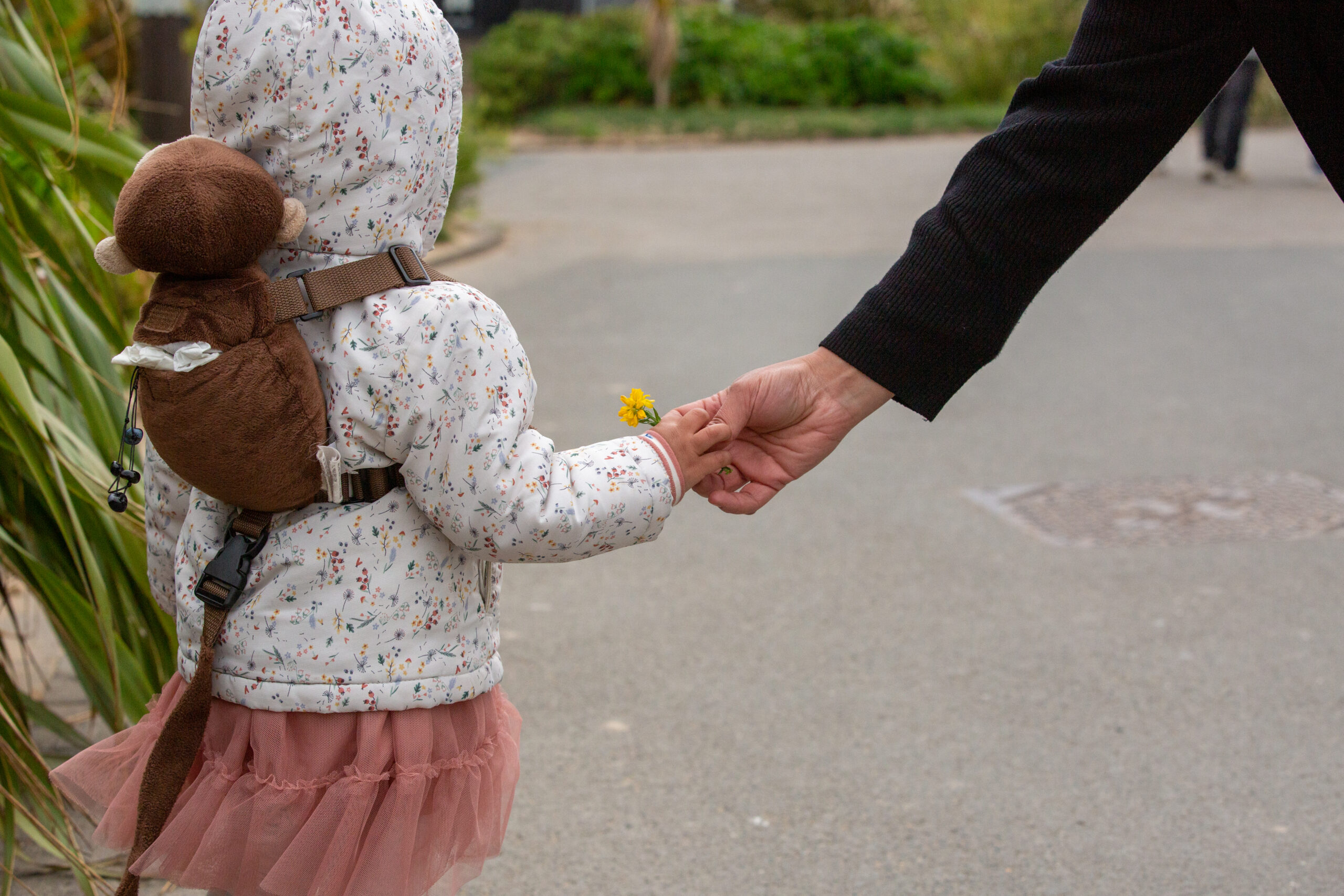Think about how you will communicate with a family after arrival
Community Sponsorship is all about communication, whether between you as a group or you and the family you support. Ensure a strong structure is in place at the outset following arrival and regularly review if this is working.
Group meetings
Make sure you have regular communication between your core group members ahead of the family arriving and in the first couple of months after arrival. Think through having a standard meeting time and date; if you don’t have anything to share, just make the meeting shorter. Ensure you can all easily locate one another’s contact details.
How the family communicates with you
Most families arrive with a smart phone, but providing an unlocked SIM card might be useful, as well as a working but unused handset. Groups tell us that the families they support are usually very familiar and comfortable with using phones and tablets – particularly What’s App and Facebook messenger. Laptops have been used more rarely and you can find advice on supporting a family to use technology.
You may have decided to have a ‘duty’ phone for your group, where a different member takes a phone each day but Covid may make this difficult to pass between group members. You might want to think about using a call forwarding service, whereby the family have one number to call, but as a group you can direct the call to different numbers. There are many services available (the Reset team use Virtual Landline with this service, you can also dial out using the same number by downloading the app to your phone, this way, the family will know who is calling.
Some groups set up a What’s App Group with the family, and use Google Translate. Remember what is shared on here will be seen by your group members and the family, so it’s recommended you do not use a group for sharing personal or private information.
Building online relationships with the family
Our tips to help build a relationship online are:
- Make sure you provide instructions to using communication platforms, if you are using Zoom, a number of translated guides are available
- Set rough ground rules for a meeting online – allow everyone a chance to speak, and rely on non-verbal cues such as looking away from the screen to see when someone has had enough. You may be very used to using a platform such as Zoom or Teams and posting in a chat feed as well as talking and being on screen – when you’re building a relationship try to use only one form of communication unless it’s relevant.
- Find ways to speak to the adult family members as individuals as well as a family
- Have your interpreter on the line prior to the family joining, and ask them how they would like this to work before you are joined by the family (when we carry out Post Arrival Support Visits, we book our interpreter to arrive 10 minutes before the family)
- People generally concentrate online for a maximum of 45 minutes – make sure you all take lots of breaks!
Planning a schedule
It’s a great idea to set out a clear agenda for and with the family for appointments, and visits to various places. You could provide a shared online diary, and you can help the family to access this. You could use a shared google calendar, or apps such as Time Tree or Teamup.





